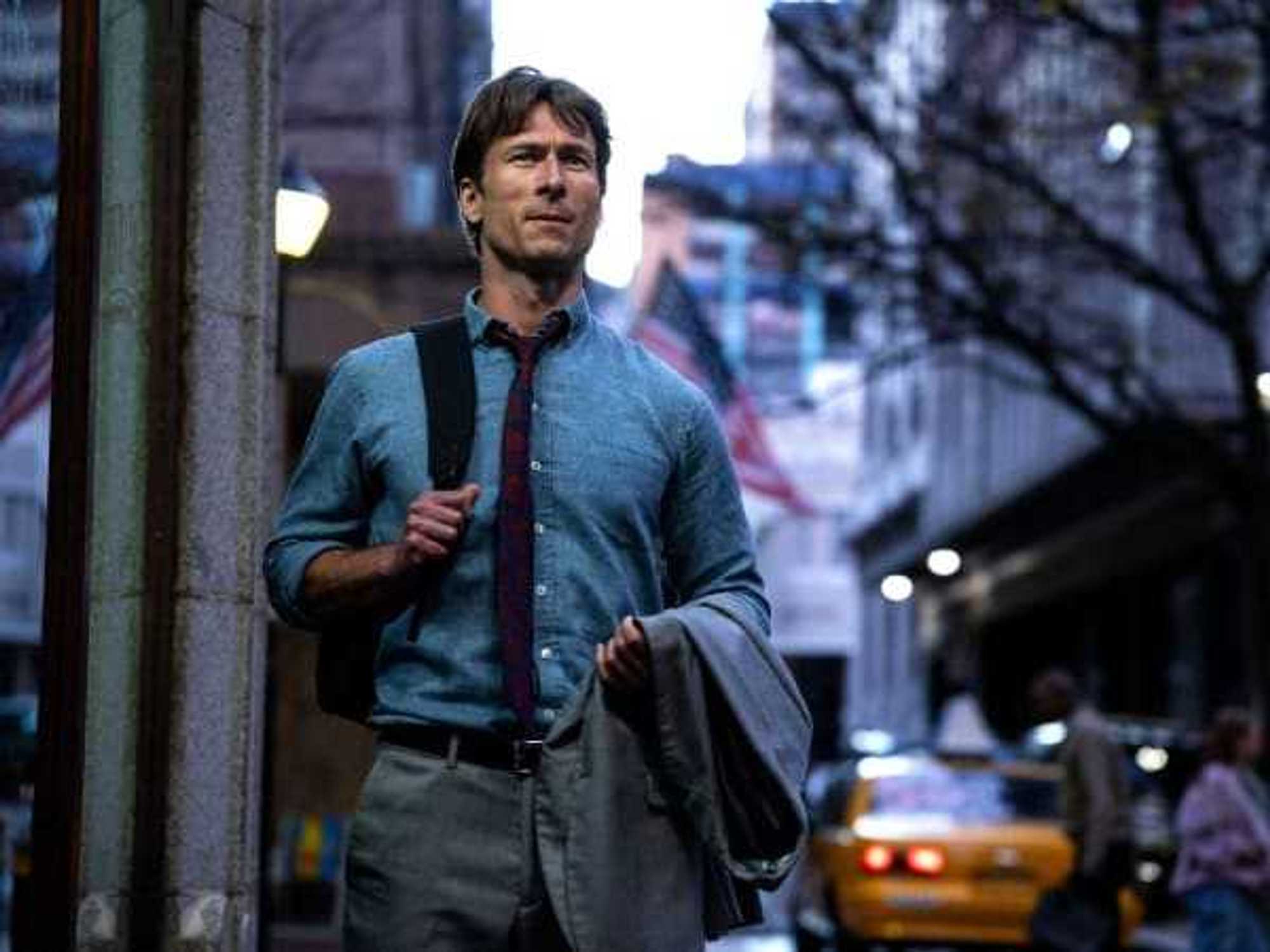Movies Are My Life
Bogart, Bergman and the big screen: What more could you want on a Saturdaynight?
Breathes there the man with soul so dead who never to himself has said, “Here's looking at you, kid”?
Casablanca, 60-plus years young and doubtless immortal, is more than a classic movie, more than a paradigm of Old Hollywood artistry — and much, much more than the sum of its Dream Factory machine-tooled parts. It is, to borrow a line from another popular Humphrey Bogart picture, the stuff that dreams are made of. And you can see it again, Sam, at 7 pm Saturday — up on a big screen, the way God intended you to see it — at the Rice Media Center.
Conceived in haste, produced in chaos and launched with more than a little last-minute trepidation, Casablanca has survived — no, make that thrived — for nearly seven decades, defying changing tastes and remaining forever fresh. It is the type of grand romantic gesture that moviemakers rarely attempt in this irony-obsessed age. And yet it is the very sort of intoxicating hokum that drew most of us to movies in the first place.
At once cynical and sincere, hard-boiled and softhearted, worldly wise and dreamily romantic, it is great, glossy fun of the kind that no medium other than cinema can deliver in such bountifully generous measure.
Inspired by an unproduced play called Everybody Comes to Rick’s, and freely adapted by screenwriters who continued to write and rewrite during actual production, the wartime romance pivots on a device not unlike one of Alfred Hitchcock’s “McGuffins.” In all likelihood, neither the Third Reich nor Vichy France ever authorized those all-important exit visas that propel so much of the action.
But, hey, who cares? If Peter Lorre says he stole them, Humphrey Bogart accepts them, and Ingrid Bergman and Paul Henreid are so desperate to obtain them, who are we to quibble?
As Rick Blaine, the sardonically evasive man of mystery who came to Casablanca “because of the waters,” Bogart is very much a man ahead of his time — an existential hero long before existentialism was cool. Having survived the pain of lost love and lost causes, Rick insists he lives only for the moment as the apolitical operator of Rick’s Café Americain, the swankiest night spot in French Morocco.
Sometimes, a woman makes the mistake of thinking she can break through Rick’s shell, only to be harshly disappointed. (“Where were you last night?” “That's so long ago, I don't remember.” “Will I see you tonight?” “I never make plans that far ahead.”) Sometimes, a man makes the even bigger mistake of thinking he can count on Rick's help, only to be brutally rebuffed: “I stick my neck out for nobody.”
Bogart is great in the role of Rick, even better than Rick is in the role he has created for himself. Rick’s performance as a cynical, self-centered rogue is undermined by his capacity for nobility and self-sacrifice, which our hero rediscovers, much to his great and grateful surprise, like someone finding valuables in the pocket of an old suit.
Blame it on Ilsa, the lost love who chooses to visit Rick’s Café Americain out of all the gin joints in all the towns in all the world. She’s not alone: Ilsa walks in on the arm of fugitive freedom fighter Victor Lazlo, her courageous (though somewhat stiff-backed) husband. Anxious to leave Casablanca before an imperious Nazi officer (Conrad Veidt) can contrive a reason for the local cops to arrest them, the couple seeks the stolen exit visas that everybody, even the local prefect of police, knows Rick has managed to obtain.
But Rick — who was abruptly abandoned by Ilsa years earlier — isn’t especially eager to help the woman he believes betrayed him. It requires some impassioned entreaties from Ilsa, along with some none-too-subtle, guilt tripping on the part of Victor, to make Rick realize that problems of star-crossed lovers “don’t amount to a hill of beans” in a war-torn world.
Alas, the stars of Casablanca are no longer with us. And yet they linger — eternal in our memories, alive and well on film and home video. Ingrid Bergman remains radiant enough to melt the hardest of hearts, to reignite the worst burnt-out case. Paul Henreid still is the most eloquently persuasive and passionately debonair of rabble-rousers. Peter Lorre is the sleaziest — and most fatally ambitious — of sneak thieves. Conrad Veidt is the most repellently self-assured Nazi. Sydney Greenstreet is the most grandiloquent black marketer.
Dooley Wilson — as Sam, the star performer at Rick’s Café Americain — plays the dreamiest theme (“As Time Goes By”) ever composed for movie romance. Better still, he plays it again and again.
Best of all, there is Claude Rains, stealing every scene that isn’t bolted to the floor as the cheerfully corrupt Captain Renault, the Vichy-suave prefect of police. Just try to keep a straight face when this shameless hypocrite claims to be shocked — shocked! — to learn there is gambling in the back room at Rick’s.
To be sure, some of the dialogue hasn't dated especially well (“Was that cannon fire, or is it my heart pounding?”). But even at its most melodramatic, Casablanca elicits smiles of pleasure, not giggles of disbelief or laughs of derision. Directed with consummate professionalism by Hungarian-born Michael Curtiz — who had more than 60 Hollywood productions to his credit before tackling this one — it is a movie with the courage of its corniness, the strength of its shameless contrivance, the power of its pulp-fiction redemption
They don't make them like this anymore. And even when they try, they lack certain key ingredients, such as Bogart and Bergman. And, just as important, an audience willing to suspend all disbelief for two hours of larger-than-life, bigger-than-self heroism. As time goes by, Casablanca just gets better and better.
